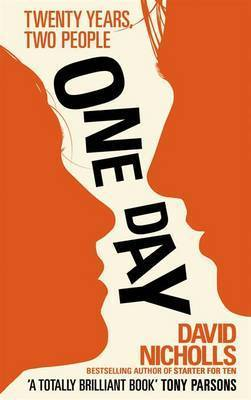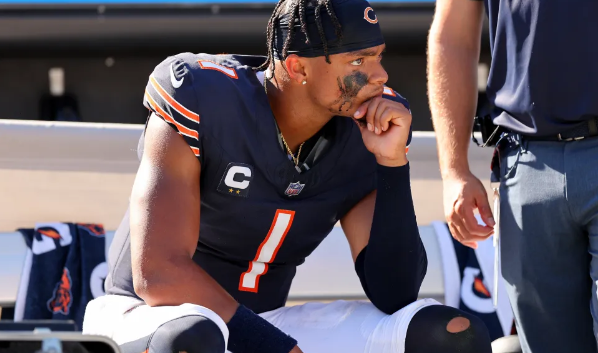“Religious Freedom?” More like LGBT Discrimination
Recently, multiple states sent the country into a human-rights frenzy as so-called “Religious Freedom” laws made their way through legislatures in states like Indiana and Arkansas. These laws, known as Religious Freedom Restoration Acts (RFRAs), are designed, according to politicians, to protect business owners’ religious rights.
For example, under the RFRAs, a business owner who is against same-sex marriage for religious reasons would not have to provide service to a gay couple. These laws have outraged many people, who claim that these laws will take America back to the 1960s and the days of segregation and blatant discrimination.
In 2015, more people than ever before supported marriage equality in the United States. As reported by the Washington Post, a record high 59% of Americans are in favor of same sex marriage, with only 34% opposed to it.
In a society that prides itself on democracy and favoring the majority, it’s quite surprising that 13 states still have outright bans of gay marriage.
Clearly, RFRA does not coincide with the sentiments of the majority of Americans, and as stated by Jonathan Cohn of the Huffington Post, “The whole point of the law is to make sure a shrinking, anxious minority can continue to conduct business in a way that the majority increasingly rejects.”
While many conservatives have ironically argued that this law is only designed to protect individual’s rights, many of the supporters of the law have very public anti-gay agendas as identified by GLAAD, an organization whose mission is to “rewrite the script for LGBT acceptance…creat[ing] a world where everyone can live the life they love.”
Present at the signing of the laws in Indiana were Curt Smith, an advocate for the “Indiana Family Institute,” who belligerently compared homosexuality to bestiality and adultery; and Micah Clark, who is the executive director of the “American Family Association of Indiana,” who believes homosexuality is a treatable disorder.
With people like Smith and Clark present at the signing of a law like this, the motive behind the legislation is clear: to discriminate against a group of fellow Americans.
Soon after the law in Indiana was signed on March 26th, many people were alarmed and many institutions took quick action.
As reported by Sports Illustrated, the president of the NCAA, Mark Emmert, threatened to move the Final Four out of the city of Indianapolis in protest of the law.
Tim Cook, the CEO of Apple also spoke out against the law saying, “These bills rationalize injustice by pretending to defend something many of us hold dear.”
And, the rock band Wilco cancelled their show at the Murat in Indianapolis after posting the following statement on their Facebook page: “The ‘Indiana Religious Freedom Restoration Act’ feels like thinly disguised legal discrimination to us. Hope to get back to the Hoosier State someday soon, when this odious measure is repealed…”
In defense of the RFRA laws, conservative politicians have consistently stated that the bills are designed to protect business owners. The problem with this logic is that in the United States of America, where all men and women are created equal, businesses cannot and should not discriminate against a group of people.
Business owners: If you don’t want to serve a group of people because it offends your religious beliefs, then don’t own a business. Period. There is no place in the United States for discrimination of any kind.
Our nation was not founded on the principles outlined in these laws. In his civil rights address in 1963, President John F. Kennedy told his country, “This nation was founded by men of many nations and backgrounds. It was founded on the principle that all men are created equal, and that the rights of every man are diminished when the rights of one man are threatened.”
President Kennedy’s words still echo today in the wake of these controversial laws and discussions. If all Americans, regardless of their particular religion, took President Kennedy’s words to heart and truly treated others as they would like to be treated, this dark shadow of discrimination would most certainly be eliminated in this country.
















